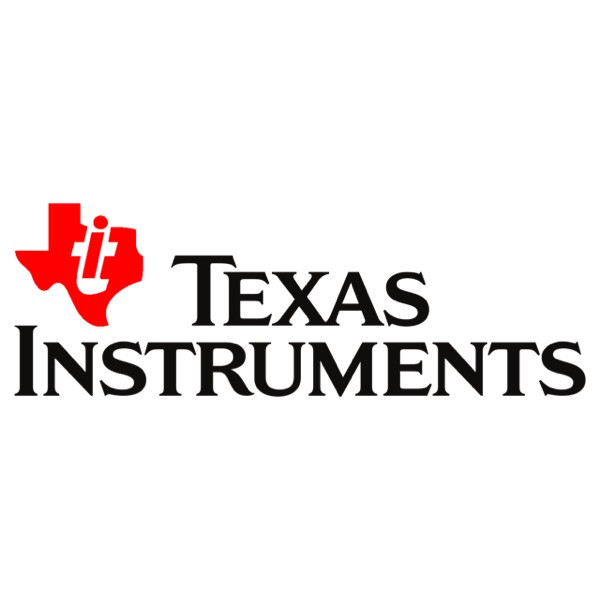Fixed and floating-point DSPs incorporate new and innovative core
01-06-2016 | Texas Instruments | Semiconductors
The C6654 and C6652 are high performance fixed- and floating-point DSPs that are based on Texas Instrument’s KeyStone multicore architecture. Incorporating the new and innovative C66x DSP core, this device can run at a core speed of up to 850MHz for C6654 and 600 MHz for C6652. For developers of a broad range of applications, both DSPs enable a platform that is power-efficient and easy to use. In addition, they are fully backward compatible with all existing C6000 family of fixed- and floating-point DSPs.
TI's KeyStone architecture provides a programmable platform integrating various subsystems and uses several innovative components and techniques to maximise intradevice and interdevice communication that lets the various DSP resources operate efficiently and seamlessly. Central to this architecture are key components such as Multicore Navigator that allows for efficient data management between the various device components. The TeraNet is a nonblocking switch fabric enabling fast and contention-free internal data movement. The multicore shared memory controller allows access to shared and external memory directly without drawing from switch fabric capacity.
The DSPs integrate a large amount of on-chip memory. In addition to 32KB of L1 program and data cache, 1024KB of dedicated memory can be configured as mapped RAM or cache. All L2 memories incorporate error detection and error correction. For fast access to external memory, this device includes a 32-bit DDR-3 EMIF running at a rate of 1066MHz and has ECC DRAM support.
This family supports a number of high-speed standard interfaces, PCI Express Gen2, and Gigabit Ethernet (PCIe and Gigabit Ethernet are not supported on the C6652). This family of DSPs also includes I2C, UART, Multichannel Buffered Serial Port (McBSP), Universal Parallel Port (uPP), and a 16-bit asynchronous EMIF, along with general-purpose CMOS IO.
The devices have a complete set of development tools, which includes: an enhanced C compiler, an assembly optimizer to simplify programming and scheduling, and a Windows® debugger interface for visibility into source code execution.

By Electropages

TMS320C6652CZH6

